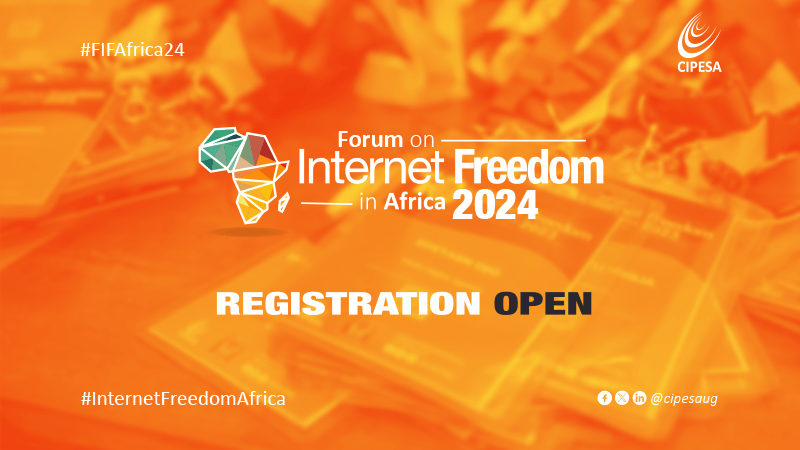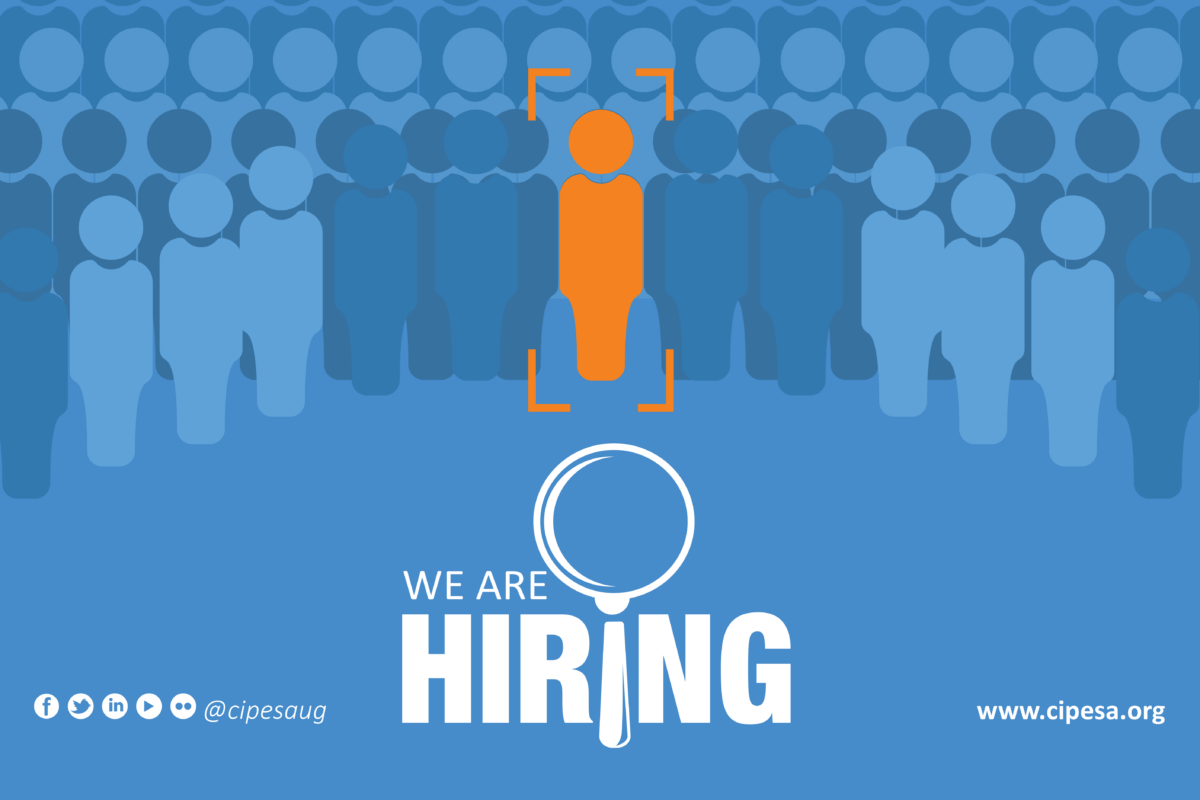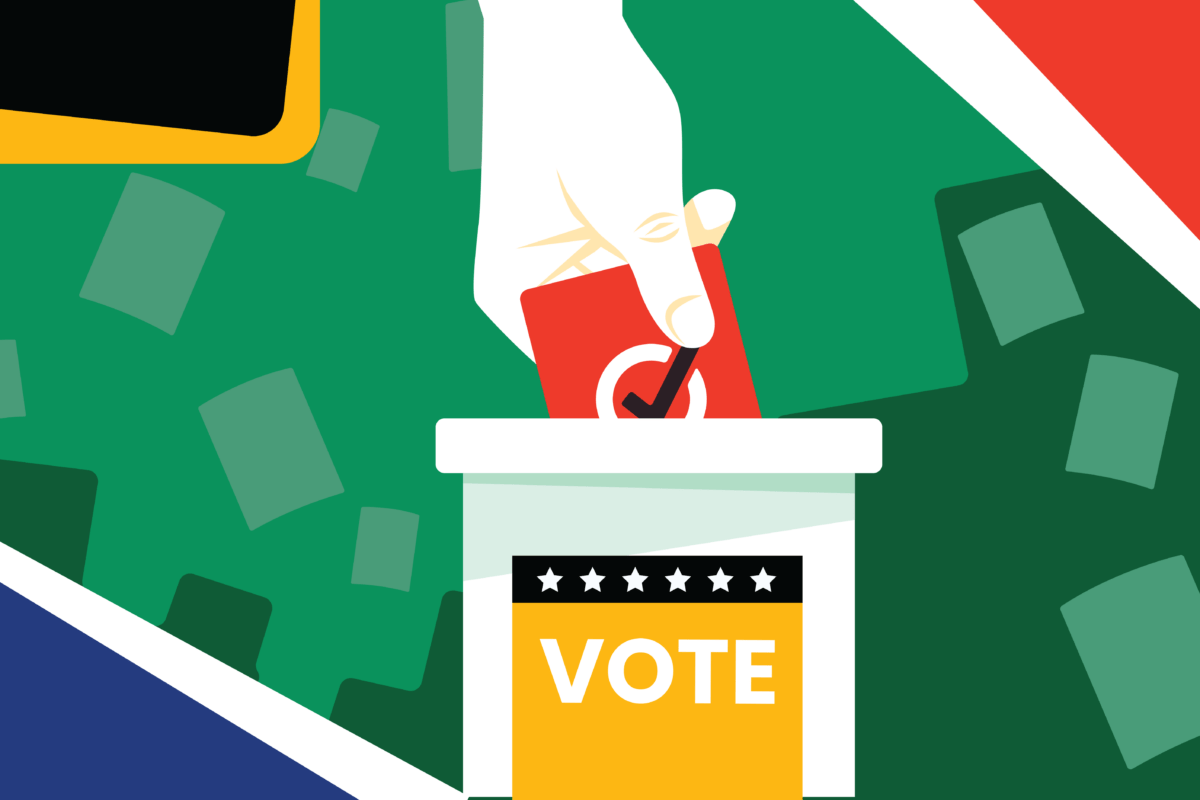Statement |
The Collaboration on International ICT for East and Southern Africa (CIPESA) is pleased to be among eight partners that comprise the newly established Civil Society Alliances for Digital Empowerment (CADE) project.
The CADE project, an ambitious initiative designed to empower civil society organisations (CSOs) to participate more actively in digital policy processes, was officially launched on May 31, 2024 in Geneva, Switzerland at an event attended by Ambassador Lotte Knudsen, Permanent Representative of the European Union to the UN in Geneva, Prof. Jovan Kurbalija, Executive Director of DiploFoundation, and project partners.
Co-funded by the European Union, the CADE project aims to enhance the active participation of CSOs in global governance and development initiatives. This initiative is crucial in fostering inclusive and participatory democratic processes worldwide.
In her address, Ambassador Knudsen emphasised the EU’s steadfast commitment to the vital role of CSOs in development. The EU’s Multiannual Indicative Programme (MIP) for the thematic programme Civil Society Organisations and Local Authorities from 2021 to 2027 highlights the importance of achieving high quality development outcomes through inclusive, democratic engagement.
“It appeals to one of our top priorities: to support and develop civil societies, which is particularly significant in the realm of global internet governance. This is about digital empowerment, and we need civil society’s active involvement. Our approach has always been strongly multistakeholder,” said Ambassador Knudsen.
Prof. Kurbalija further elaborated on the project’s goal to leverage technology for development, underscoring the CADE project’s innovative approach to enhancing CSO capacities. He noted, “This project aims to bring meaningful and substantive inclusion of civil society. Although many forums, such as ICANN, the WSIS Forum, and the IGF Forum, have open doors for participation, the challenge remains in equipping CSOs with the capacity to effectively engage and impact discussions.”
Dr Stephanie Borg Psaila, CADE’s project coordinator from DiploFoundation, introduced the eight partner organisations, which include the European Center for Non-for-profit Law (ECNL), Netherlands; Forus, France; CIPESA, Uganda; Kenya ICT Action Network (KICTANet), Kenya; Sarvodaya Fusion, Sri Lanka; Social Media Exchange (SMEX), Lebanon; Pacific Islands Chapter of the Internet Society (PICISOC), Fiji; and Fundación Karisma, Colombia.
The launch event was followed by a technical session held during the WSIS+20 Forum High-Level Event (27–31 May 2024 in Geneva). This session showcased the CADE project’s initiatives and concluded with a call to action for individual and institutional efforts to promote genuine inclusivity and participation in digital governance.
The CADE project is founded on the principle of strengthening the fabric of civil society. Its objectives are clear and resonant with the needs facing contemporary society as follows:
- Enhancing CSO contributions: The project reinforces the role of CSOs as pivotal actors in local governance and accountability, as promoters of inclusive and sustainable growth, as providers of social aid and welfare, and as contributors to digital policymaking in the global process.
- Reinforcing networks: A key goal is to bolster regional and global networks of CSOs and associations of local authorities, enhancing their capacity for cooperation, mutual support, and active participation in multistakeholder digital governance.
- Education and awareness: The project initiates and backs efforts towards education and awareness-raising, ensuring populations are well-informed and supportive of development efforts. This underscores the importance of an educated civil society in progressing towards sustainable development, particularly in the context of digital advancements.
Ashnah Kalemera, Programme Manager at CIPESA noted that through the CADE Project, “CIPESA will continue playing its current catalytic role in supporting actors across Africa to become active defenders and promoters of the multistakeholder model of internet governance.”





